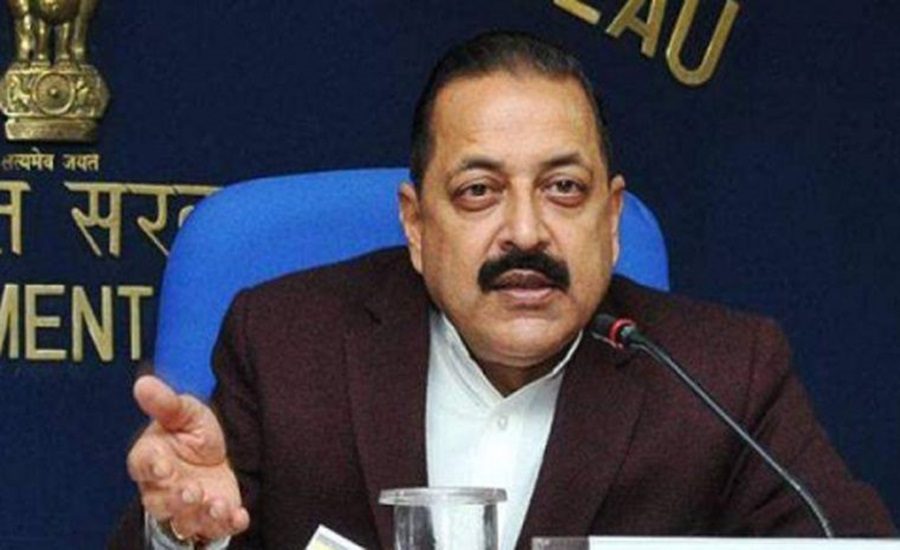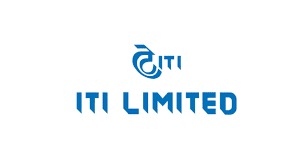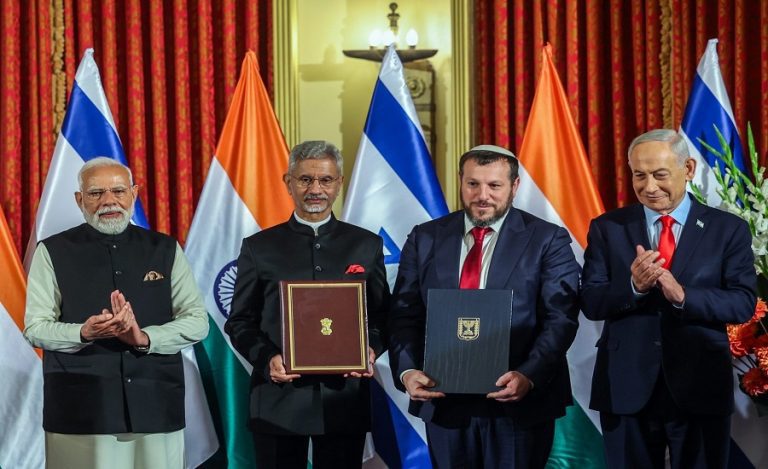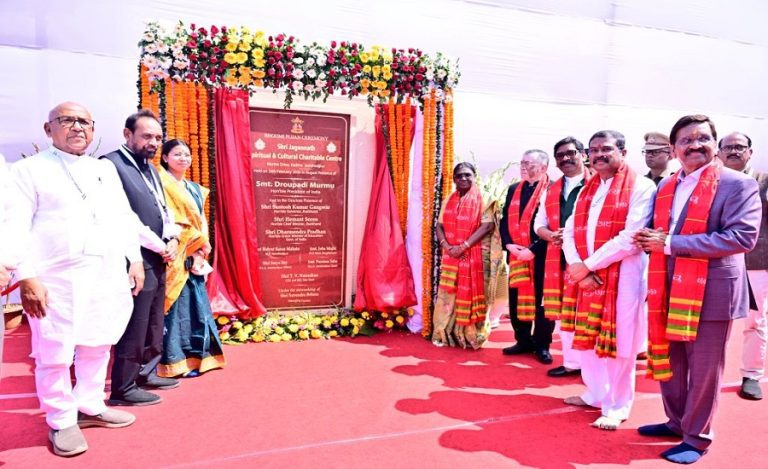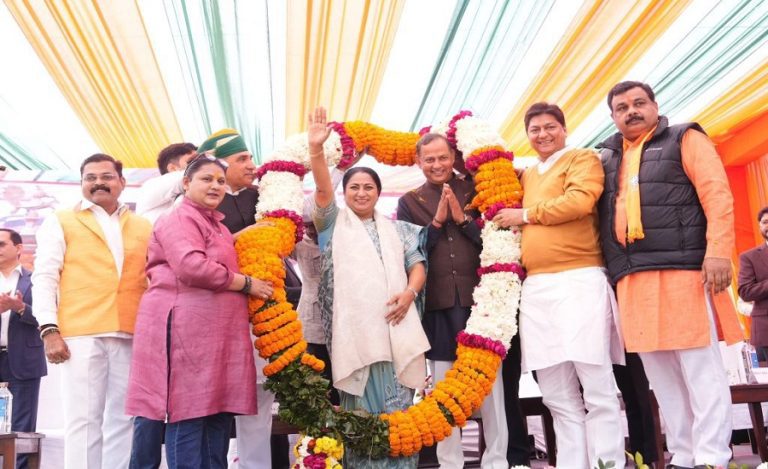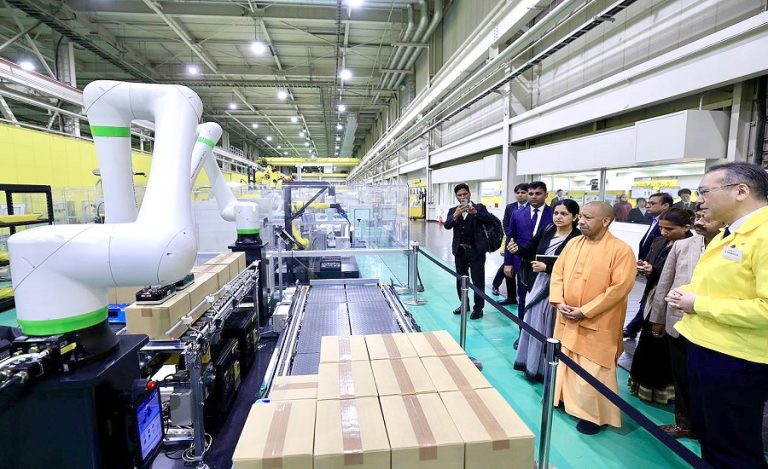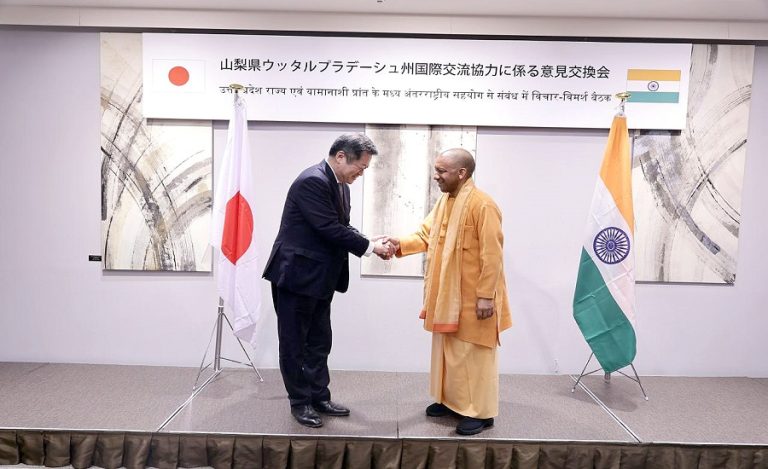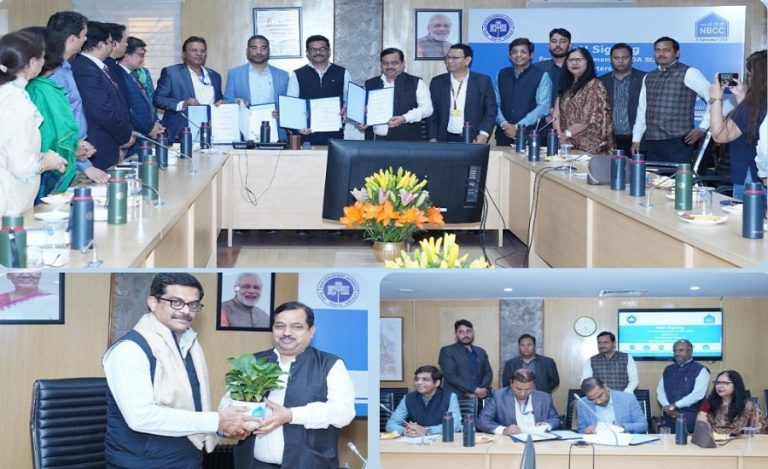Union Minister Dr. Jitendra Singh addressed IAS trainees and civil servants at the Lal Bahadur Shastri National Academy of Administration (LBSNAA) in Mussoorie, highlighting the transformative journey of governance under Prime Minister Narendra Modi over the past decade.
Dr. Singh, who holds multiple key portfolios—including Minister of State (Independent Charge) for Science & Technology, Earth Sciences, and Personnel, Public Grievances and Pensions—underscored a significant shift in the character of public administration since 2014. He noted that the outdated colonial mindset that previously defined bureaucratic roles has now been replaced by a developmental and citizen-centric approach.
“The role of the ‘Collector’ has evolved—from being a revenue collector under British rule to serving as a District Development Commissioner in a welfare-driven democracy,” he said.
Key Governance Reforms Highlighted
Dr. Singh spoke about a series of pathbreaking administrative reforms aimed at transparency, efficiency, and inclusivity. Among them:
- Digital Pension Reforms: The Digital Life Certificate Campaign now allows pensioners to verify identity through facial recognition, eliminating physical bank visits.
- Simplification Measures: A unified pension form and fellowship application portal have been introduced. Over 1,600 obsolete rules have been scrapped.
- Language Inclusivity in Exams: Recruitment exams are now held in 13 regional languages, with plans to extend this to all 22 scheduled languages.
- Abolition of Interviews: For certain Group B and C posts, interviews have been eliminated to foster merit-based selection.
- Rozgar Melas: These employment fairs are creating job opportunities and inspiring youth across India.
Driving Efficiency Through Campaigns and Coordination
Dr. Singh lauded the success of the Swachhata Campaign, which optimized office space and generated over Rs. 250 crore in revenue through the disposal of scrap. He emphasized the “Whole-of-Government” and “Whole-of-Nation” approach, citing Operation Sindoor as a testament to seamless coordination.
He also spoke about the Assistant Secretaryship Programme, a unique initiative allowing young IAS officers to work with central ministries. He highlighted its effectiveness, particularly during the COVID-19 pandemic, when these officers demonstrated exceptional adaptability and leadership.
Recognizing Performance and Decentralization
The Minister emphasized that the Prime Minister’s Awards for Excellence in Public Administration now prioritize initiative and real-world impact. He also noted the ministry’s efforts to promote decentralized governance through regional conferences conducted from Leh to Kanyakumari.
Vision for the Future
Dr. Singh attributed uninterrupted governance during the pandemic to PM Modi’s 2016 Digital India initiative. “By 2020, nearly 80% of our work was online. Even during COVID, there was no disruption in governance—not even for a single day,” he said.
Referring to his article “Changing Face of Civil Services in India”, the Minister praised the growing diversity among UPSC toppers, with many emerging from rural backgrounds and government schools. He called technology a powerful equalizer and urged an academic study on the actual effectiveness of coaching centres, especially in states like Haryana and Punjab.
A Message to the Young Officers
Concluding his address, Dr. Jitendra Singh offered words of inspiration to the trainees:
“You are the blessed generation, and in 2047, when India celebrates its centenary of Independence as a Viksit Bharat, you will be in your prime to witness and shape India’s glory.”
The event commenced with a welcome address and presentation by Mr. Sriram Taranikanti (1992-batch IAS officer), Director of LBSNAA.
Also Read: Of Horse Riding, Training, Earthquakes and Treks At LBSNAA

